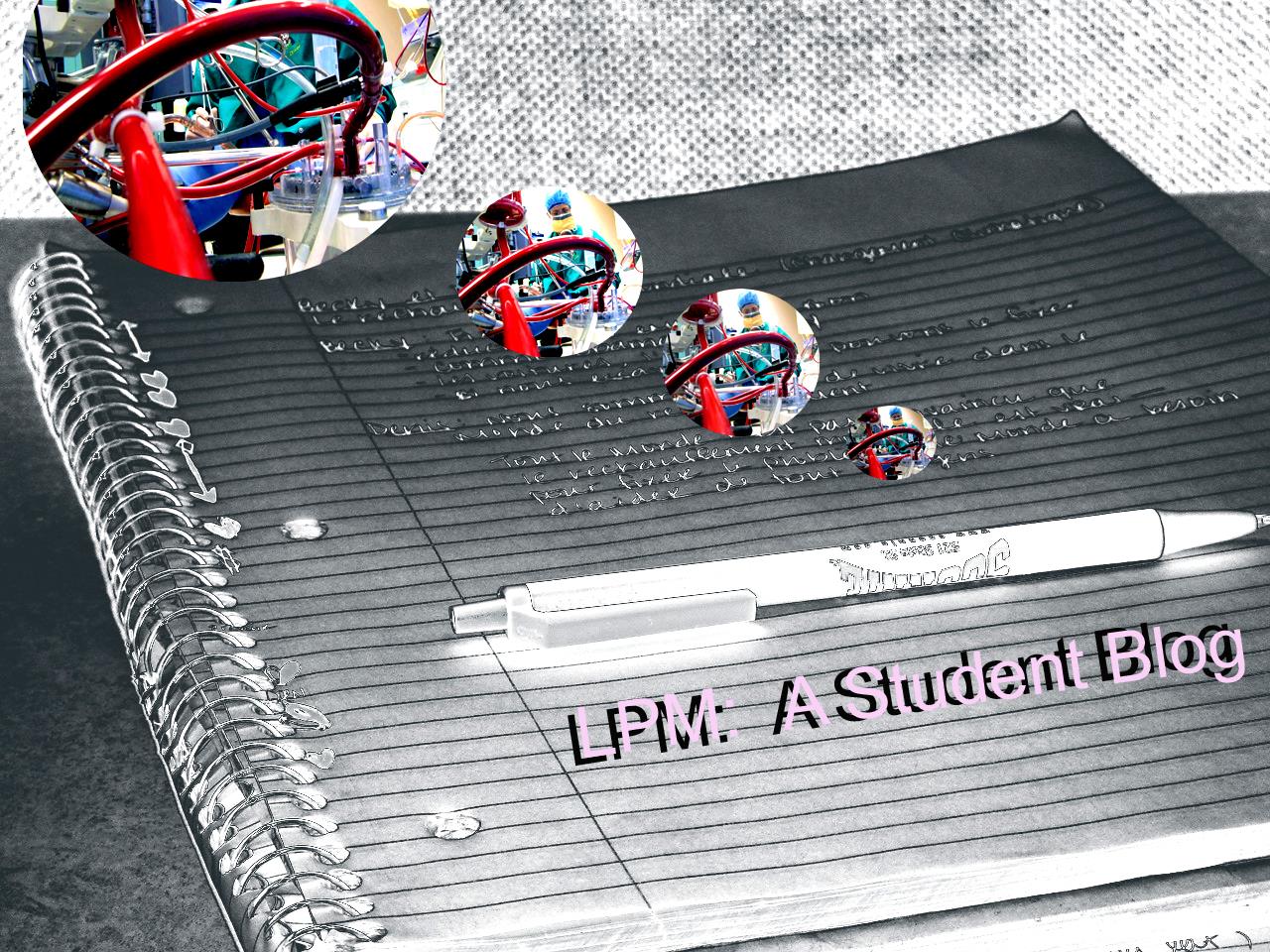LPM: A Student’s Perspective- Trials in Research Science

“No matter what type of study design, beginning the process of student research is very daunting…”

Editor’s Note:
This is a continuation of a series with our newest associate editor, Shayla Johnson, who is currently enrolled in a perfusion program. I asked her to join the editorial team because she reflects the passion and excitement that every perfusionist has- or otherwise they wouldn’t do it.
I am impressed that as a perfusion student she has the initiative to share her thoughts and impressions with us regarding the process of learning the art of perfusion technology from her own unique perspective:
“I am a first year perfusion student.I follow your facebook and website to stay updated on perfusion news from all around the world, and I love it. I saw the posting about needing bloggers and wanted to find out if you were interested in a student blogger. Either way, thank you for the work put into the website, it was valuable as I prepared to apply for my program as well as throughout it.
Thank you.”
Shayla Johnson
The name of the series is as above- LPM: A Student’s Perspective. There is a slight play on the acronym as the L stands for Learning as opposed to a metric for Q.
As we all know- regardless of experience level- we all learn minute by minute.
Enjoy 🙂
Frank
Click here to view the entire LPM series
Shayla Johnson, Associate Editor
–
Trials in Research Science
Much like most graduate school programs, one of the requirements for graduation in my program is to complete a research project. Some of us have chosen retrospective studies, and others (like myself), have chosen the arduous task of designing and implementing a bench study. No matter what type of study design, beginning the process of student research is very daunting. It involves a complete review of literature and gathering of information. The next step for most of us was to form a research committee in order to have guidance. The majority have students have needed to go through IRB approval, which I thankfully have not needed to do with my study design. While being on rotations, a large part of being a successful student is managing the balance of focus on perfusion in the hospital, as well as outside schoolwork and moving forward with our projects.
This past week I had the opportunity to complete a small pilot study for my project, and it was an immense learning experience. I’ve done research before in my undergraduate education, but I’ve never been the primary person in charge of a project. Thankfully, I had lots of help from my director. Ordering and borrowing supplies was only a small part of the challenge. I quickly learned that no matter how meticulously I had planned out my methods, new problems and surprises arose.
What I thought would take only a few hours to complete turned into much longer. Recording each and every step of the process, as well as taking pictures of my data outcomes as a safety measure took up much more time than anticipated. After setting up, I realized I’d forgotten to account for two materials on my materials list, but they were thankfully available in the student lab. In this case, doing a pilot study was not only important to trying to get preliminary data, but to also learning the best way to do my project.
Despite the hard work and long hours involved, it was exciting to do research and collect data in hopes of finding something new. I made a rookie mistake and forgot to clamp a line on a blood transfer bag which resulted in a minor mess, which I thankfully caught quickly. I’ll hopefully never make that mistake again and I’m happy to have learned that lesson somewhere outside of the OR. I’ve seen been able to modify my materials list as well as my methods in order to develop a better protocol for how to repeat my study for better results. Whether or not I make any large or exciting breakthroughs in perfusion, the process of research has helped me become more familiar with equipment used by perfusionists as well as helped make me into a better scientist. I look forward to the next step of my project and maybe someday in the future, a publication will be in the cards.

